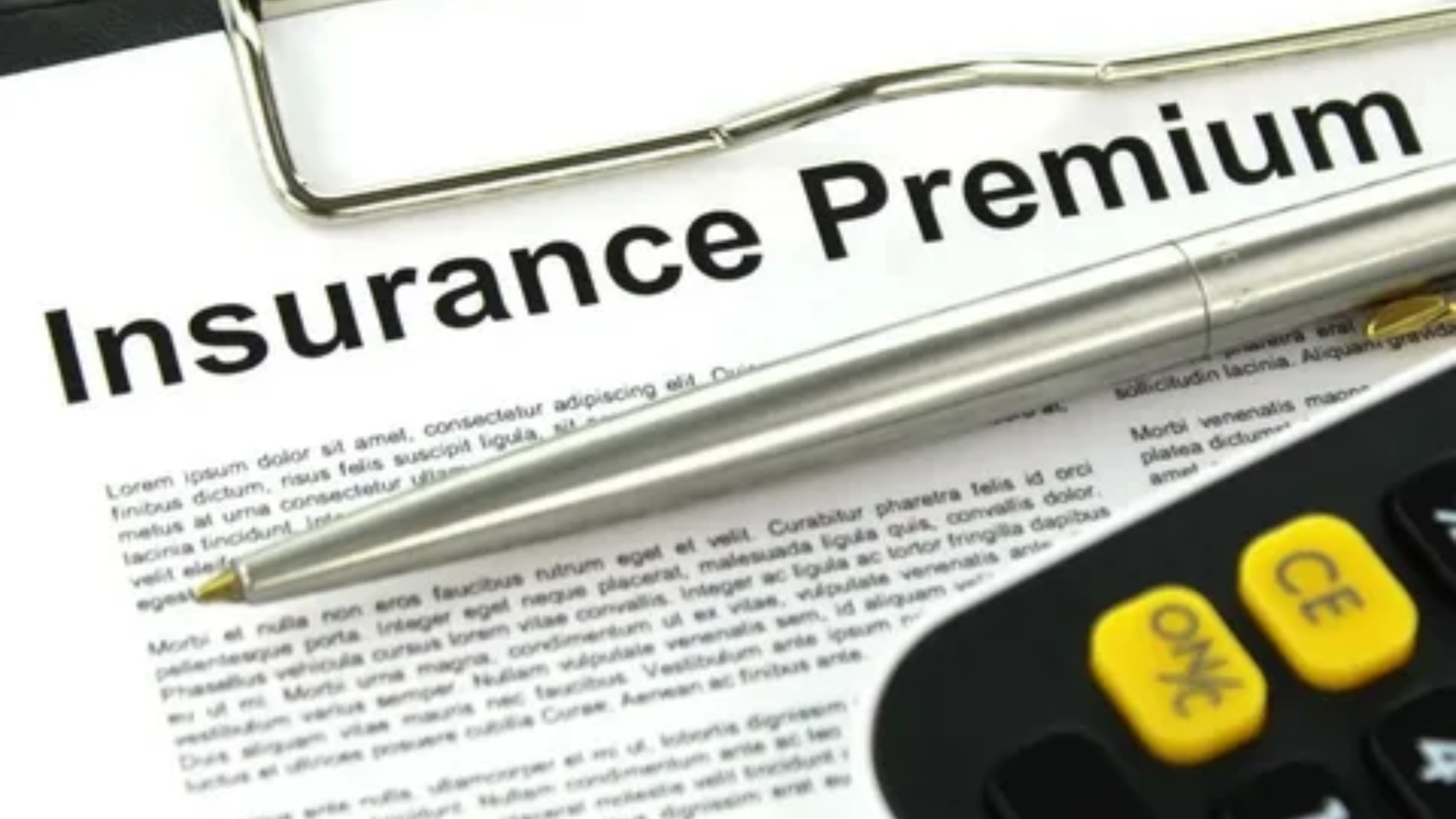Insurance is one of those things we all need, but no one particularly loves paying for it. The good news is that there are ways to lower your premiums without sacrificing the coverage you need. If you’re tired of seeing your hard-earned cash slip away in insurance payments, here are 10 essential tips to help you lower those premiums while keeping your peace of mind intact.
1. Bundle Your Policies
Many insurance companies offer discounts if you bundle multiple policies together. For example, if you combine your home and auto insurance with the same company, you could see significant savings. The logic is simple: more business for them means better deals for you. Ask your provider about bundling and see how much you can save.
2. Increase Your Deductible
A deductible is the amount you pay out of pocket before your insurance kicks in. By choosing a higher deductible, you can significantly reduce your premium. Of course, make sure you’re comfortable with the higher out-of-pocket expense if you need to file a claim, but for many, it’s a quick way to save money month to month.
3. Shop Around for Quotes
Loyalty might be a great quality in a person, but it doesn’t always pay when it comes to insurance. It’s worth shopping around every year or two to compare quotes from different insurers. You might be surprised by how much you can save just by switching providers.
4. Maintain a Good Credit Score
Like it or not, your credit score impacts your insurance premiums. Insurers often use credit information to determine how risky you are as a customer. By keeping your credit score healthy, you’ll be able to qualify for lower rates. Pay your bills on time, reduce outstanding debt, and keep an eye on your credit report for errors.
5. Take Advantage of Discounts
Insurance companies offer a range of discounts, but they don’t always advertise them. You could get a discount for having a good driving record, being a member of certain organizations, or even installing a home security system. Don’t be shy—ask your insurer about all available discounts, and you might find some pleasant surprises.
6. Avoid Small Claims
Filing multiple small claims can make you seem risky to insurers, which could lead to higher premiums. It’s better to pay for small expenses out of pocket and reserve claims for significant incidents. Keeping a clean claims history will make you more appealing to insurers, who often reward customers who don’t frequently file claims.
7. Drive Safely
This one may seem obvious, but a clean driving record can make a big difference in the cost of your auto insurance. Speeding tickets, accidents, and other infractions will raise your rates. Drive cautiously, follow the rules of the road, and consider defensive driving courses—some insurers even offer discounts for completing them.
8. Install Safety Features
Safety devices like smoke detectors, burglar alarms, and even deadbolt locks can earn you a discount on your home insurance. For your car, features like anti-lock brakes, airbags, and anti-theft devices can also lower your premiums. These investments not only keep you and your property safe but also make you look less risky to insurers.
9. Reevaluate Your Coverage Needs Regularly
Life changes quickly, and so do your insurance needs. Review your policies annually to make sure you’re not over-insured or paying for coverage you don’t need. For example, if your car is getting older, you might consider dropping collision coverage, which could result in lower premiums.
10. Pay Annually Instead of Monthly
Paying your premium in full annually rather than in monthly installments can save you money. Most insurance companies charge a service fee for monthly payments, and these fees add up over the year. If you can afford to pay upfront, it’s a simple way to put some cash back in your pocket.
Frequently Asked Questions
Q: What is the fastest way to lower my insurance premiums?
A: The quickest way is often to raise your deductible, as this directly impacts your monthly payments. However, make sure you’re comfortable with the increased financial responsibility if you need to file a claim.
Q: Will bundling my policies always save me money?
A: While bundling often leads to savings, it’s not a guarantee. Always compare the bundled quote to individual policy quotes to ensure you’re getting the best deal.
Q: How does my credit score affect my insurance premiums?
A: Insurance companies use your credit score as a risk assessment tool. A higher credit score indicates you are a more responsible individual, which means a lower risk for the insurer. Thus, a good credit score can help you secure lower premiums.
Q: Should I always avoid filing small claims?
A: It’s generally wise to avoid filing small claims since multiple claims can lead to higher premiums. Paying for minor expenses out of pocket helps maintain a clean claims record, which can save you money in the long run.
Q: Are there any discounts I might not be aware of?
A: Yes, many insurers offer lesser-known discounts for things like home safety upgrades, being a good student, or even working in certain professions. Always ask your provider about any potential discounts that could apply to you.

Q: How often should I shop around for new quotes?
A: It’s a good idea to shop around every year or two to compare rates. Insurance companies often change their rates, and you might find a better deal with a different provider.
These 10 essential tips are designed to help you keep your insurance premiums low without compromising on the quality of your coverage. By staying proactive, shopping around, and taking advantage of available discounts, you can ensure you’re getting the best deal possible. Remember, saving on insurance doesn’t mean cutting corners—it just means being smart about your options.